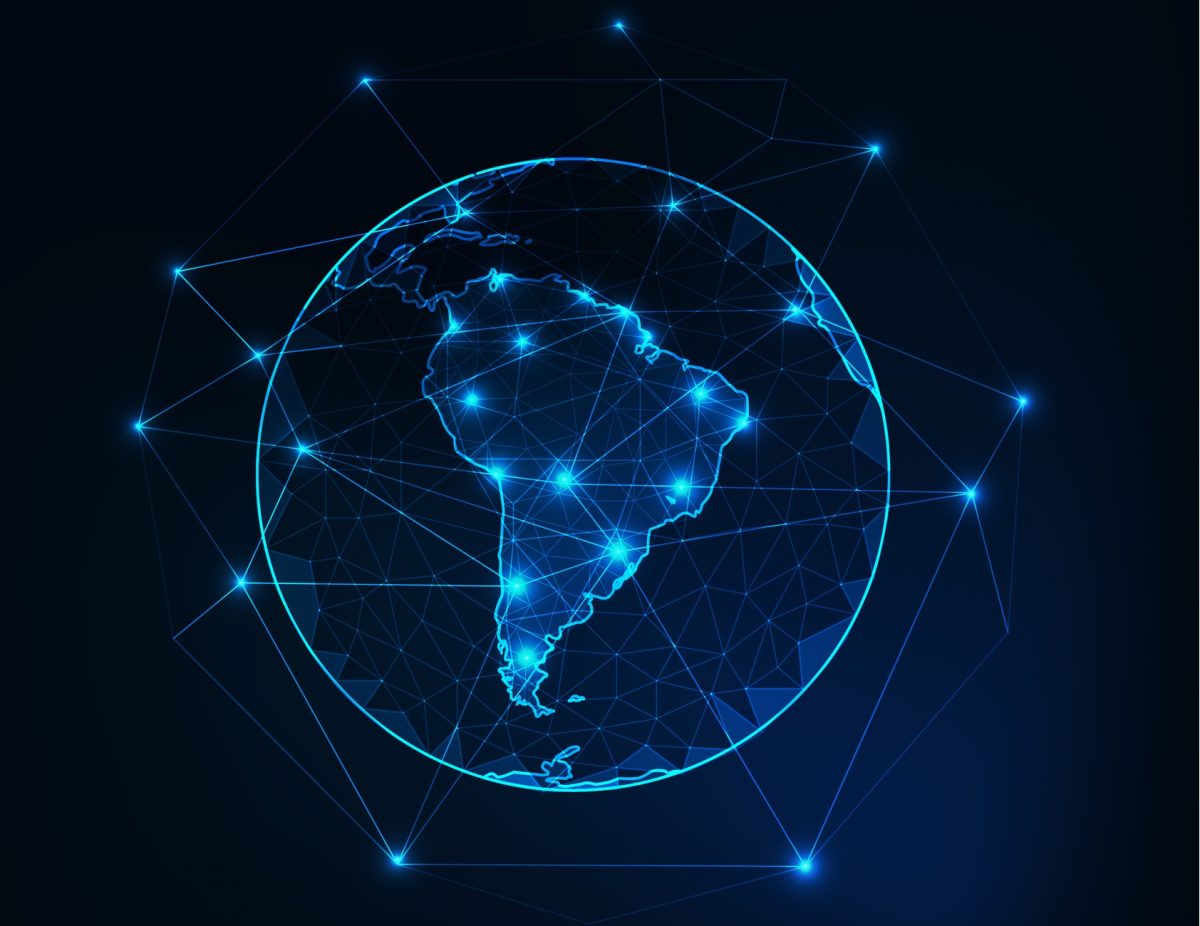Critical minerals and green hydrogen on agenda during state visits to Argentina, Chile and Brazil.
German Chancellor Olaf Scholz left for a state visit to Argentina on Saturday, followed by trips to Chile and Brazil. The energy transition, including the necessary raw materials, will be one of the focal points of his meetings with the heads of state and top representatives from the business sector. The South American countries are rich in critical minerals and offer great potential for wind and solar farms which can be used to produce the climate-friendly energy carrier green hydrogen.
Specifically, a cooperation agreement was signed with Chile on mining, raw materials and circular economy. Germany wants to provide support on the way to sustainable mining, Scholz said. Chile – like the neighboring countries of Argentina and Bolivia – has rich deposits of lithium, which is needed to manufacture batteries for electric vehicles. Rare earths could also be mined in Chile in the future (we reported); the minerals are also essential for electromobility. For the EU, the country offers an opportunity to diversify its supply of raw materials, but so far it is mainly China that has invested in the extraction and processing of Latin American mineral resources.
Free Trade Agreement in Sight?
Scholz also wants to ensure that the association agreement between Chile and the EU, which was agreed in December, enters into force as soon as possible. The goals include freedom from customs duties and better access to raw materials. The free trade agreement between the EU and the South American confederation Mercosur could also get moving again. In addition to the Chancellor, Argentine President Alberto Ángel Fernández and Brazil’s new President Luiz Inácio Lula da Silva spoke out in favor of an agreement being reached soon.
The agreement would create the world’s largest free trade area with a population of more than 770 million, according to the German Federal Ministry of Economics, and a market covering almost 20 percent of the world economy and 31 percent of global goods exports. Negotiations on this have been ongoing since 1999, but after an agreement was reached in 2019, the deal is on hold, mainly because of unresolved issues regarding the protection of the Amazon rainforest.
Raw Materials and Hydrogen Increasingly in the Focus of Politics
Scholz’s South American trip is the latest in a series of state visits in which raw materials and H2 have played an important role, for example in Canada, Southeast Asia and Africa. Securing these resources sustainably has increasingly moved up the political agenda since supply chain problems and the Ukraine war highlighted Europe’s dependence on a few exporting countries such as Russia and China.
Photo: iStock/inkoly


